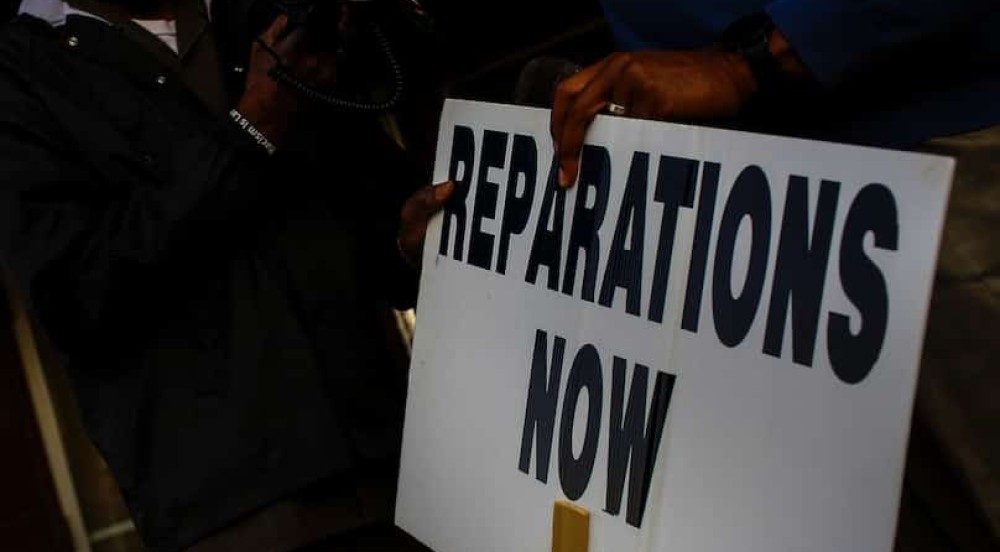Local governments across the country are working with cities to come up with ways to bring various reparations programs to Black people, the New York Times reports.
As cities take up the cause, the case for reparations has become a local issue as well as a federal one.
Back in March, Evanston, Illinois, a suburb of Chicago, made good on its promise to distribute $10 million in reparations as housing grants to Black residents. Additionally, California created a reparations task force in June, the first state to do so,
Other cities such as Detroit are currently studying how to develop programs to address how the legacy of slavery still has present-day ramifications in the city and the nation.
In November, Detroit residents will be asked if they support the formation of a reparations committee that will research “housing and economic development programs” for the city's Black residents.
Mary Sheffield, a Detriot councilwoman, says there must be concrete policies regarding reparations and not just empty rhetoric.
“It’s more than just talk for the first time,” Sheffield explained. “We are seeing policymakers be serious about it, and we’re looking at what other cities have done, too.”
Throughout the country, 11 mayors launched Mayors Organizing for Reparations and Equality which has pledged to introduce pilot reparations programs for Black Americans in their cities.
Mayor Eric Garcetti of Los Angeles, says the group plans to “double or even triple” the number of cities by the end of this year,
Although local programs seem like a step in the right direction, some argue that real reparations can only take place if the federal government enacts policies. According to experts, reparations that seek to address the racial wealth gap cannot be supported by local programs alone.
William A. Darity, Jr., an economics professor at Duke University contends that local programs can never account for the massive amount owed to Black Americans and a federal mandate is required.
“There are a number of detours away from what I would call true reparations, and one of those are these alleged local programs,” he said.
Darity, who has extensively studied reparations, has argued that an adequate program would come with a price tag of $11.2 trillion for an estimated 45 million Americans who make up around 13 percent of the U.S. population. According to Darity, a robust program of this scope can only exist on the federal level.
Many local leaders claim that cities and municipalities that create programs can help to accelerate the enactment of a federal reparations bill.
Keith E. Williams, a member of Michigan’s Black Democratic Caucus hopes that Detriot will set the blueprint of a multi-generational project of reparations and not a “one and done” initiative.
“I don’t want this to just be about me,” he said. “It’s about all of us. I want this to continue.”













